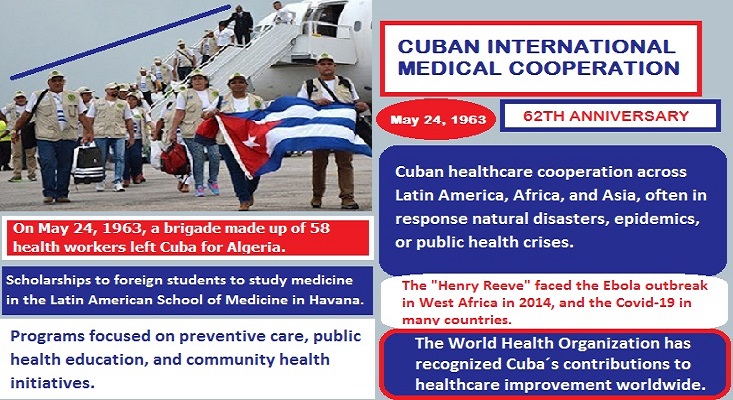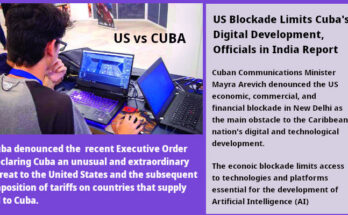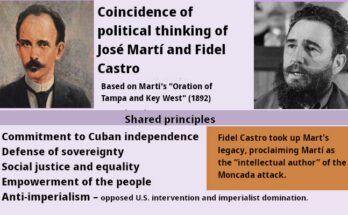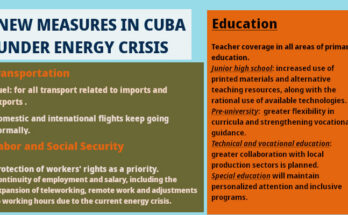On May 24, 1963, a brigade made up of 58 health workers left Cuba for Algeria, starting the medical international cooperation as part of the country´s foreign policy and humanitarian efforts to help other nations, emphasizing the importance of healthcare as a fundamental human right.
Cuban medical cooperation has garnered recognition for its emphasis on solidarity and mutual assistance. It is worth noting that many healthcare professionals have dedicated themselves to serving in various countries across Latin America, Africa, and Asia, often in response to challenging circumstances such as natural disasters, epidemics, or public health crises..
The deployment of medical brigades during the Ebola outbreak in West Africa in 2014 showcased Cuba’s commitment to global health issues. The “Henry Reeve” international medical brigade, established by Commander-in-Chief Fidel Castro in 2005, specializes in dealing with disasters and epidemics, becoming a symbol of Cuban medical diplomacy.
Cuba deployed a multifaceted strategy that emphasized not only national preparedness but also international solidarity. Cuban medical personnel have traveled abroad to support various countries severely impacted by the Covid-19, showcasing Cuba’s commitment to global health.
Cuban medical brigades, known for their expertise in disaster response and epidemic control, were dispatched to over 40 countries. This humanitarian approach not only addressed immediate healthcare needs but also facilitated the sharing of knowledge and best practices in managing the virus.
On the other hand, Cuba’s approach to medical training is notable. The country offers scholarships to foreign students to study medicine in the Latin American School of Medicine, ELAM, created by Fidel Castro, and other Cuban institutions.
This Cuban approach is intended to foster a new generation of healthcare professionals adept at addressing the specific needs of their home countries. This initiative not only enriches the medical workforce in these nations but also strengthens bilateral relationships.
Cuban medical international cooperation has also included programs focused on preventive care, public health education, and community health initiatives. These programs aim to empower communities to take charge of their health through education and resource mobilization—principles deeply rooted in the Cuban healthcare system.
Despite the challenges posed by economic sanctions, the US economic blockade and limited resources, Cuba has managed to position itself as a key player in global health cooperation. The World Health Organization has recognized its contributions, and many countries have sought to replicate aspects of Cuba’s healthcare model, highlighting the effectiveness of primary healthcare and universal access.




